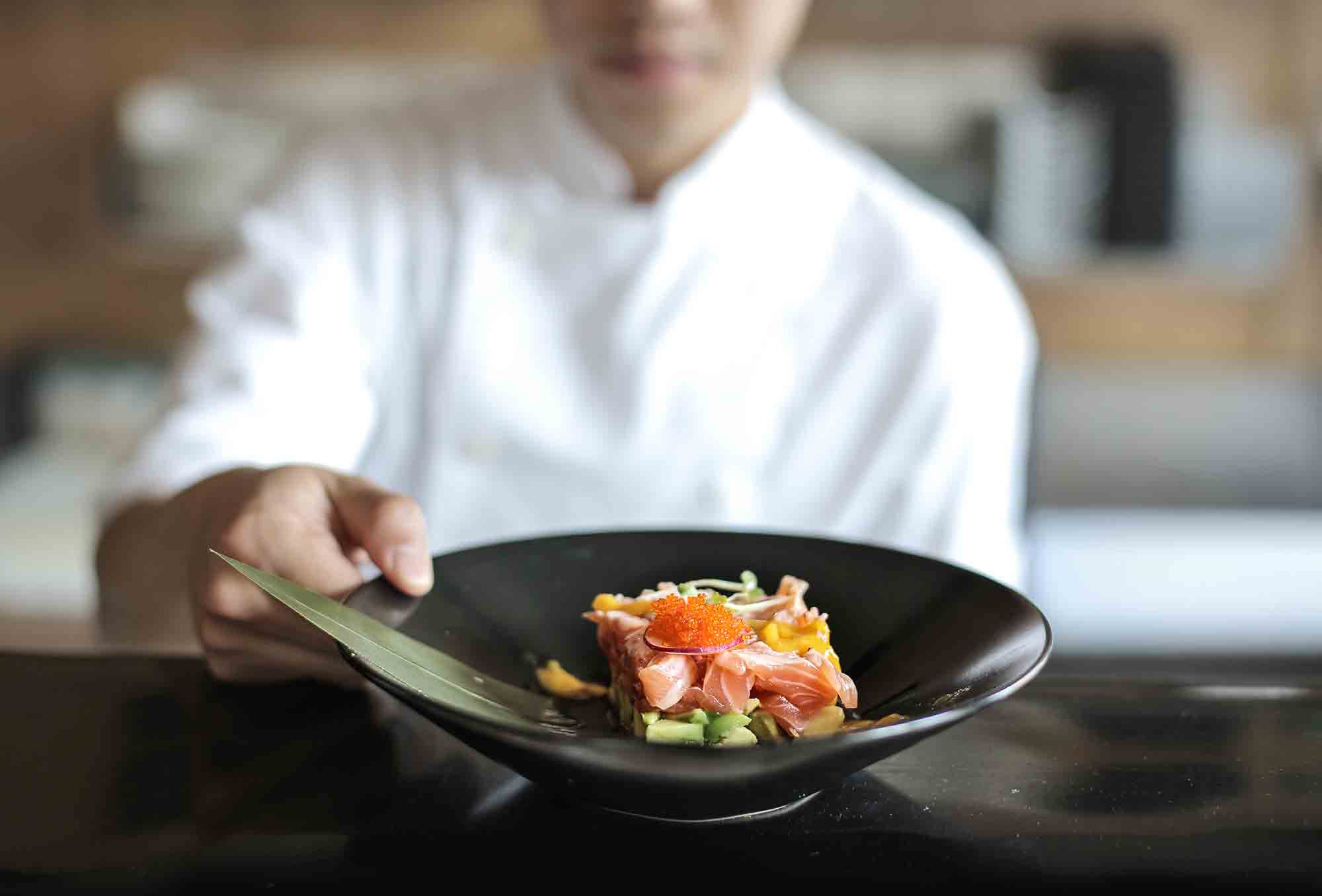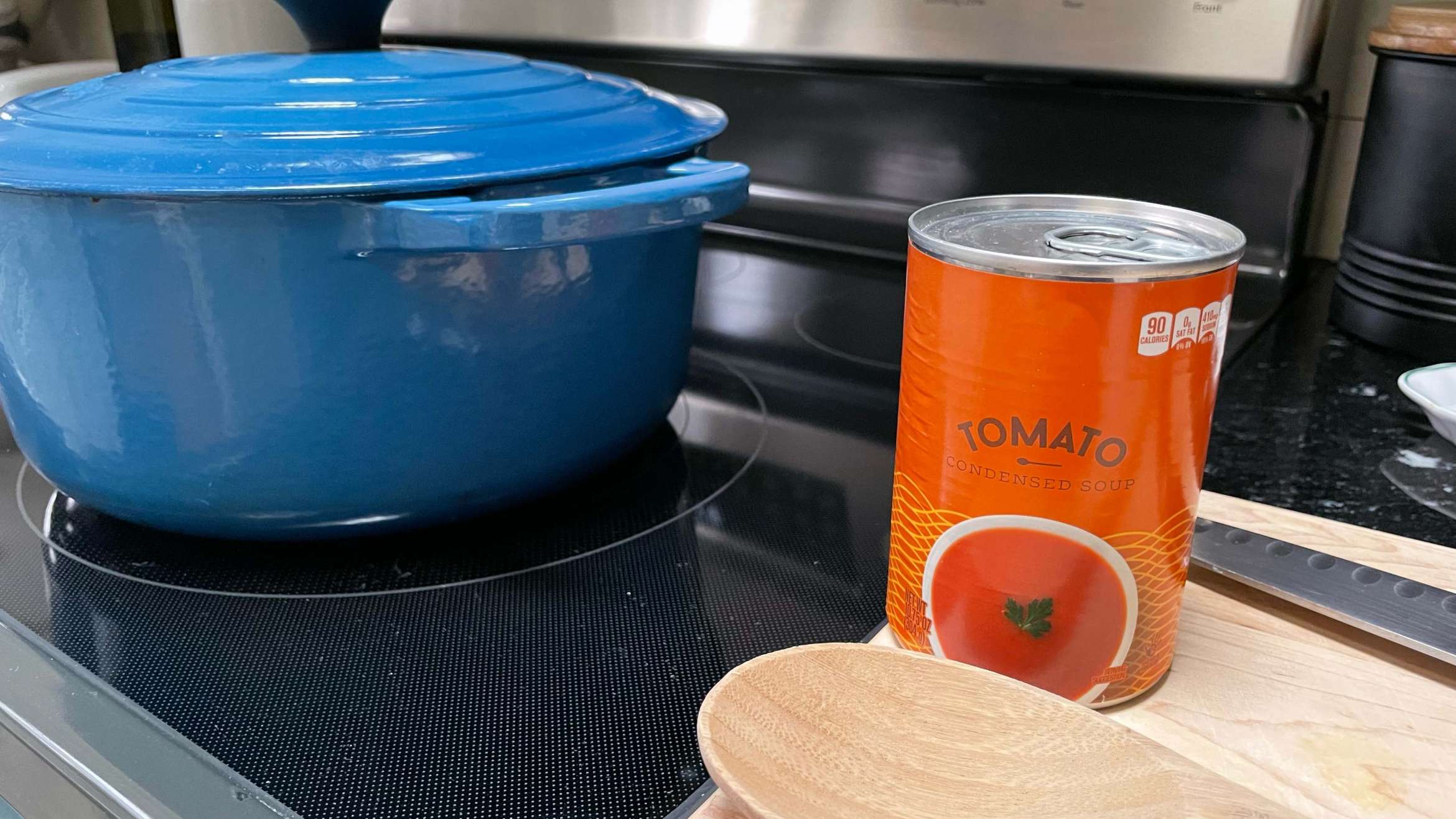Among the many misconceptions people have about the novel coronavirus now called CoVID-19 is that it spreads via food.
When something scary happens, like the outbreak of a new infectious disease such as the novel coronavirus now called COVID-19, people understandably get scared. And scared people can pick up some truly weird ideas. Early on, it appears that many people thought it had something to do with Corona beer — which as writer Bruce Yee says in this Forbes article, “would be a bit like expecting the flu to be an airline or using a winged-animal bat to try to hit a baseball.”
Now I hear that fears about the virus are causing more damage than a short-term hit to the bottom line of a Mexican beer. A friend recently told me that restaurants in Boston’s historic Chinatown are seeing a dramatic drop-off in business. But it’s not just in Boston: Chinese restaurants from Philadelphia to Rome, Italy are likewise losing business due to customers fears that somehow either the cuisine or the people cooking and serving it could cause an infection.
 This is vanishingly unlikely. According to the Food Poisoning Bulletin, as of what we know right now, there is no evidence that COVID-19 can be transmitted through contaminated food. The German Federal Institute for Risk Assessment (BfR) studied the transmission routes of the new coronavirus and found no cases where humans were infected after consuming contaminated food products.
This is vanishingly unlikely. According to the Food Poisoning Bulletin, as of what we know right now, there is no evidence that COVID-19 can be transmitted through contaminated food. The German Federal Institute for Risk Assessment (BfR) studied the transmission routes of the new coronavirus and found no cases where humans were infected after consuming contaminated food products.
“Coronaviruses need a live host, either humans or animals, to grow. They cannot grow in food. The virus is spread via the person-to-person method (a person sneezes or coughs within 6 feet of another person), and between animals and people. The virus is breathed in through infectious droplets.” — Food Poisoning Bulletin
It is, in theory anyway, possible that an infected food worker could “smear” a droplet onto food and pass it along that way, but given what health experts know about coronaviruses such as SARS (Severe Acute Respiratory Syndrome), even if that did happen, cooking the food at 140 degrees Fahrenheit for at least 30 minutes would likely kill the virus before the food ever left the kitchen. And, according to the BfR report, coronaviruses tend to be unstable and so can only linger for a short time in the environment, again making the potential for smear infections unlikely. It’s worth repeating: There are no known cases of other coronaviruses having spread through food.
Coronaviruses need a live host, either humans or animals, to grow. They cannot grow in food. The virus is spread via the person-to-person method
But regardless of reality, is there any doubt that some of your attendees may fear that the food you serve could be suspect? Are you prepared to send trays of untouched egg rolls back to the kitchen? Or for attendees exhibiting some heretofore unknown xenophobia and racism by refusing to eat anything served by banquet staff who look like they may be Asian? It’s not pretty, but fear seldom is.
While you can only try to ease attendees’ fears with facts about just how unlikely it is that COVID-19 will sneak into your buffet line, there are other much more reality-based food safety issues that you should address with your food-service partners, such as what they do to avoid the potential for Listeria, Salmonella and E-coli contamination — not to mention potentially fatal food allergies. All of which also would prevent the spread of COVID-19 as well, by the way.
Ask about their food-hygiene practices, such as staff training and supervision, and if they have appropriate facilities to ensure the staff can practice good food hygiene. Here is a comprehensive food safety checklist you can go over with your partners to ensure they are doing all they can to provide food that is both delicious and safe.
The best way to fight fear is with facts, and one fact your attendees should be able to take comfort from is that you did everything you could to ensure the food you serve has been prepared and served in the safest manner possible.
 About Tracy Stuckrath
About Tracy Stuckrath
The Dietary Needs Expert, Top 25 Women in the Meetings Industry, Certified Special Events Professional. Tracy Stuckrath brings passion for safe and inclusive food and beverage, expertise through detailed research, and real-world strategies to help her clients establish best practices, increase profit, mitigate risk, and enhance experience with food and beverage. Reach her at 404-242-0530 or hello@thrivemeetings.com. Every Guest Matters. Every Meal Matters.



